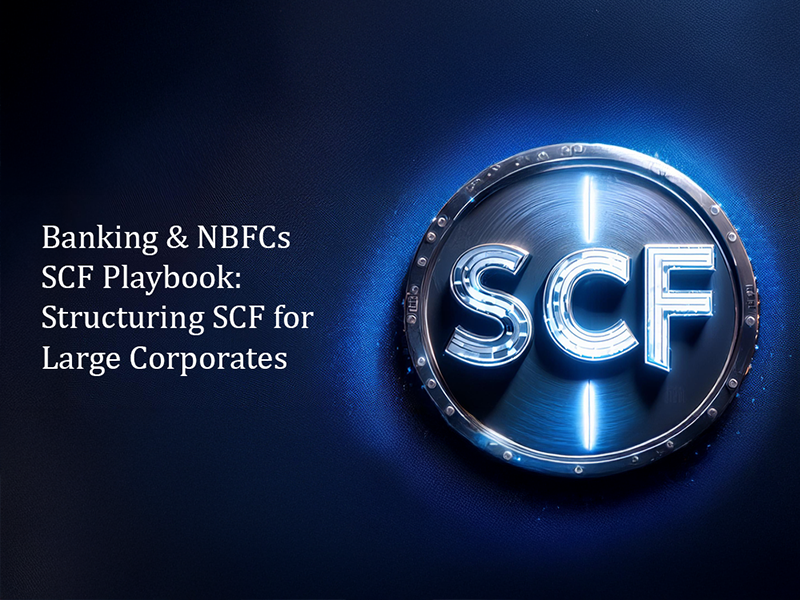Recourse Factoring vs. Non-Recourse Factoring: Everything You Need to Know (With a Twist of Humor!)
Ah, factoring! That magical financial tool that helps businesses turn invoices into instant cash. It’s like having a rich uncle who gives you money upfront but doesn’t want to deal with the headache of chasing payments. But wait—there’s a catch. Not all factoring is created equal! You’ve got recourse factoring and non-recourse factoring, and understanding the difference can mean the world for your business.
So, buckle up, grab a coffee (or something stronger if numbers make your head spin), and let’s dive into the fun world of factoring!
Before we start throwing around terms like “recourse” and “non-recourse,” let’s first get a grip on what factoring actually is.
Factoring is when a business sells its unpaid invoices to a third party (a factor) at a discount in exchange for immediate cash. This means you don’t have to wait 30, 60, or 90 days for your customers to pay up. Instead, you get most of your money upfront, and the factor collects from your customers later.
It’s like selling a gift card at a discount because you need cash now—except your “gift card” is an invoice, and the “buyer” is a finance company.
Now, onto the juicy part: recourse vs. non-recourse factoring.
How It Works
In recourse factoring, if your customer doesn’t pay up, the risk falls back on you. That’s right—your factoring company will knock on your door and say, “Hey, your customer ghosted us. Pay up, buddy.”
You get your money upfront, but if your customer turns out to be a financial Houdini and disappears, you’re on the hook for the unpaid invoice.
Pros
✅Cheaper – Since you’re taking on the risk, factors charge lower fees.
✅Easier Approval – Factoring companies are more willing to work with businesses because they’re not taking a huge risk.
✅More Control – Since you’re taking on the risk, factors charge lower fees.
Cons
❌Risk Is On You – If a customer doesn’t pay, you have to buy back the invoice or replace it with another one.
❌Cash Flow Uncertainty – If multiple customers default, it could hurt your business.
❌Potential Awkwardness – If your factor aggressively chases customers for payments, it might hurt your client relationships.
Who Should Choose Recourse Factoring?
If your customers have a solid history of paying their invoices on time and you want to save on fees, recourse factoring is a great option. It’s ideal for businesses that know their clients well and trust them to pay up.
How It Works
In non-recourse factoring, once you sell an invoice, it’s the factor’s problem now. If the customer doesn’t pay, the factoring company eats the loss. It’s like selling a used car with a strict “no returns” policy.
However, there’s a catch (there’s always a catch, isn’t there?). Non-recourse factoring usually only protects against customer insolvency—not just any old excuse for non-payment. If the customer is still in business but just being difficult, you might still be on the hook.
Pros
✅No Collection Headaches – If the customer doesn’t pay due to insolvency, you’re not liable.
✅Less Risk for Your Business – Your cash flow is more predictable.
✅Stronger Financial Position – You don’t have to worry about unexpected bad debts.
Cons
❌More Expensive – Since the factor is taking on the risk, fees are higher.
❌Stricter Approval Process – Factors only accept invoices from very creditworthy customers.
❌Limited Coverage – If a customer refuses to pay but isn’t technically bankrupt, you may still be responsible.
Who Should Choose Non-Recourse Factoring?
If your customers are a bit unpredictable or you don’t want to deal with bad debts, non-recourse factoring might be the way to go. It’s great for businesses that want peace of mind and are willing to pay extra for it.
Let’s break it down in a way we all understand:
| Feature | Recourse Factoring | Non-Recourse Factoring |
|---|---|---|
| Cost | Lower fees | Higher fees |
| Risk | On you | On the factor (partially) |
| Approval Process | Easier | Stricter |
| Best For | Businesses with trustworthy customers | Businesses worried about customer defaults |
Still unsure? Let’s simplify:
- If you trust your customers to pay on time and want lower costs → Go for recourse factoring.
- If you don’t want to lose sleep over unpaid invoices and don’t mind paying more → Non-recourse is your best bet.
Factoring, whether recourse or non-recourse, is a powerful tool that can supercharge your business’s cash flow. But picking the wrong one is like choosing between a gym membership and unlimited pizza—you gotta know what works best for you!
At the end of the day, it’s all about your risk tolerance, customer reliability, and cash flow needs. Do your homework, negotiate smartly, and factor like a boss!
So, are you Team Recourse or Team Non-Recourse? Either way, at least now you won’t stare blankly when someone brings up factoring at a business meeting.
Happy Factoring! 🚀



